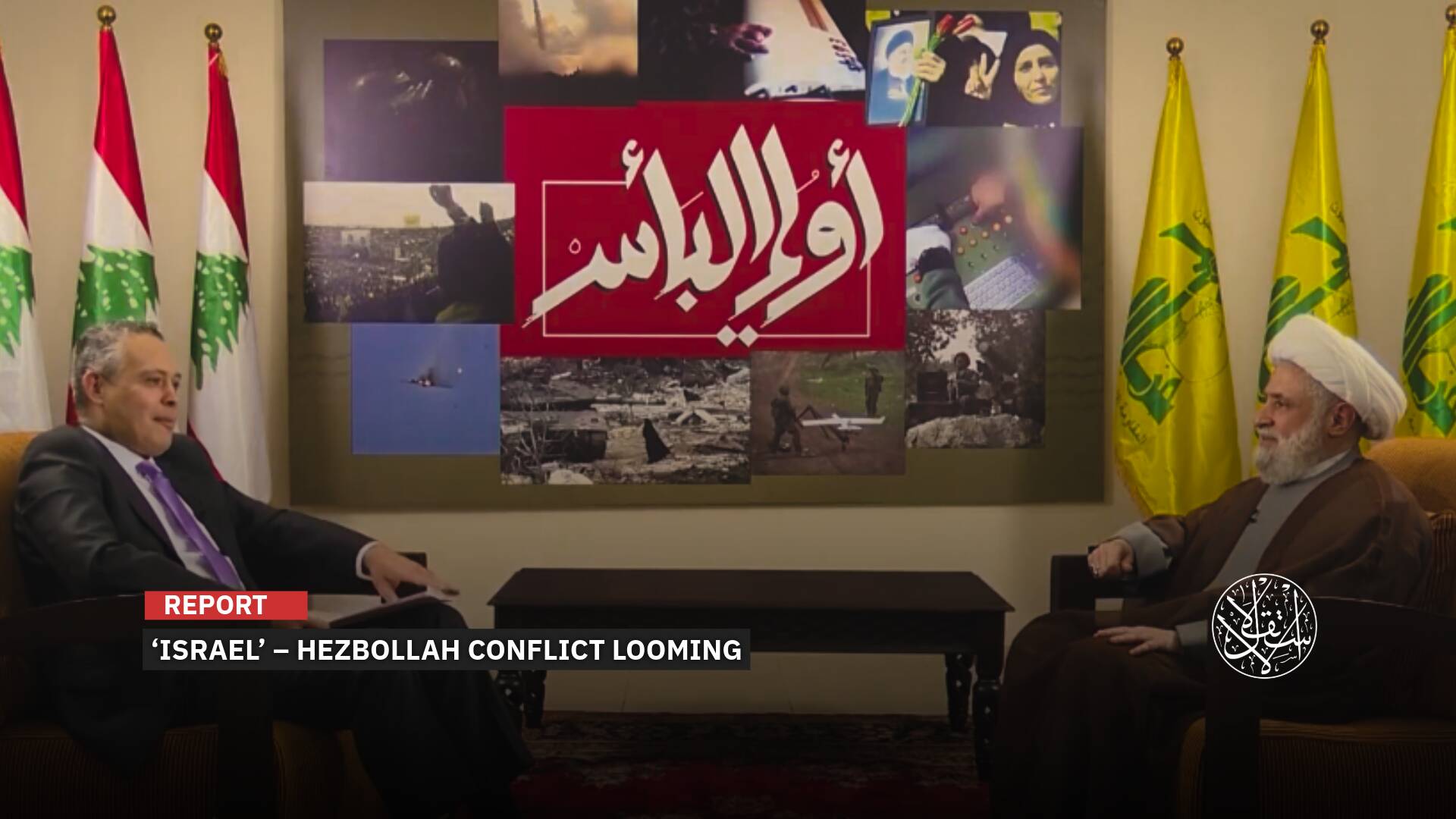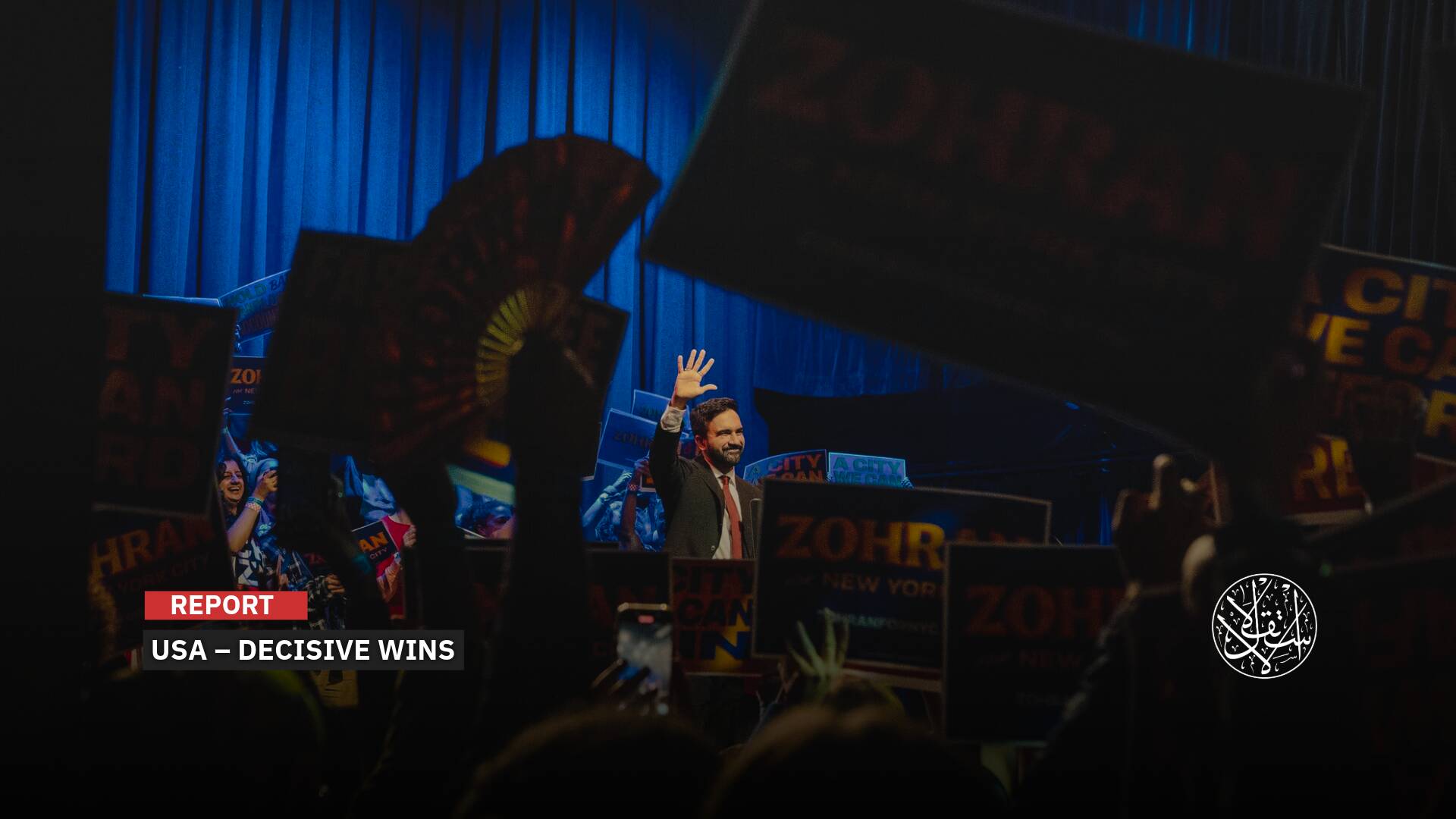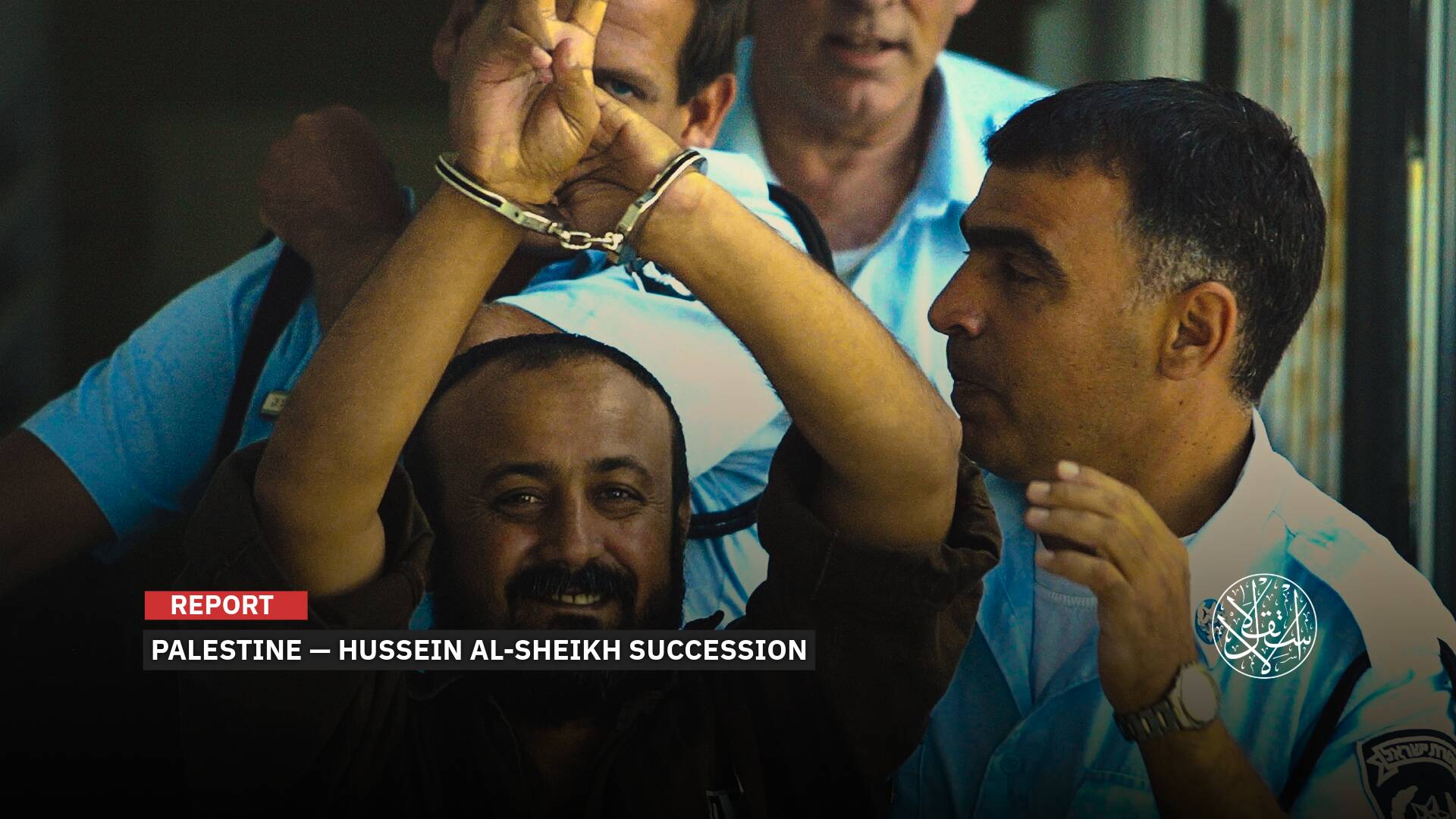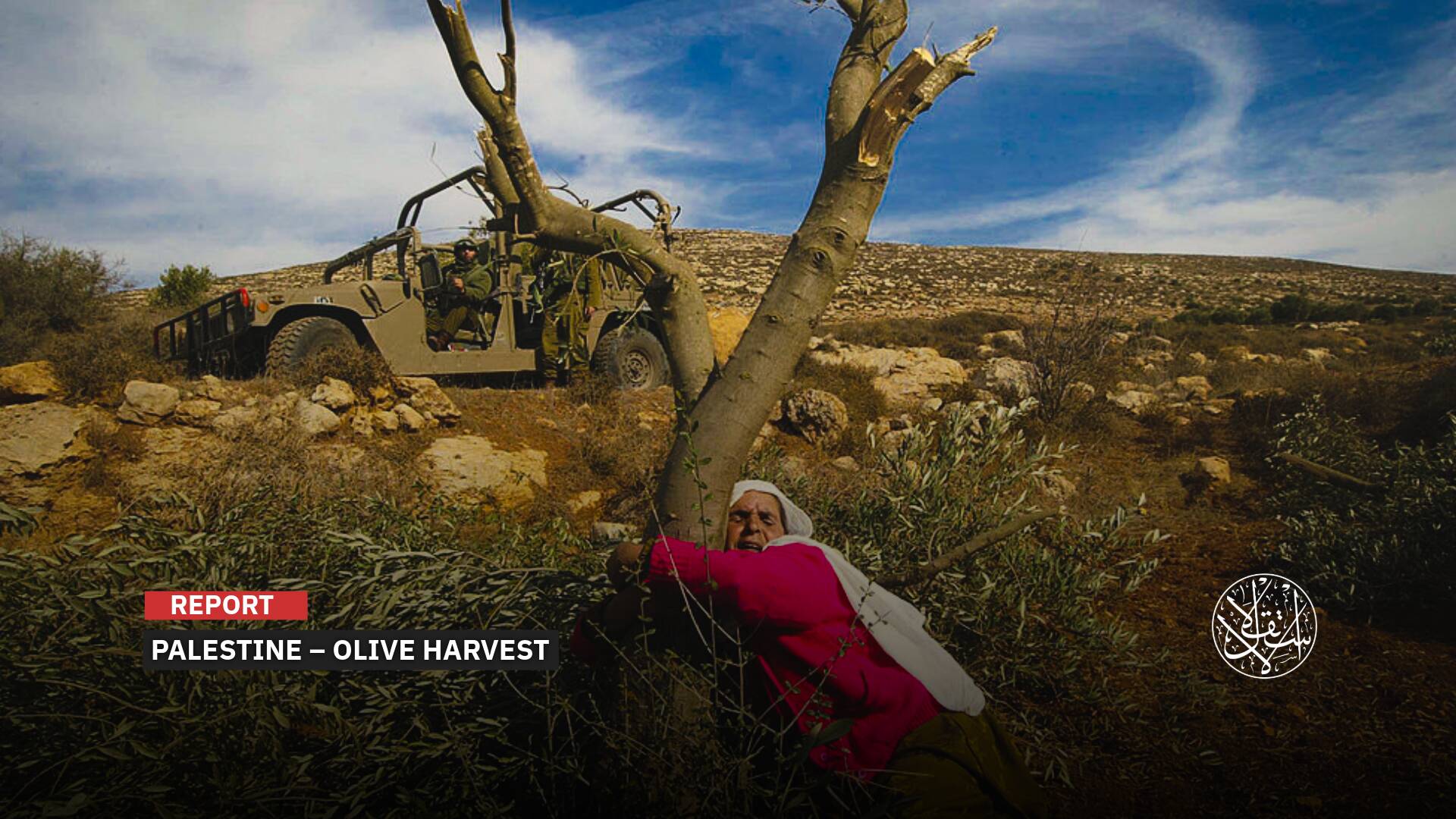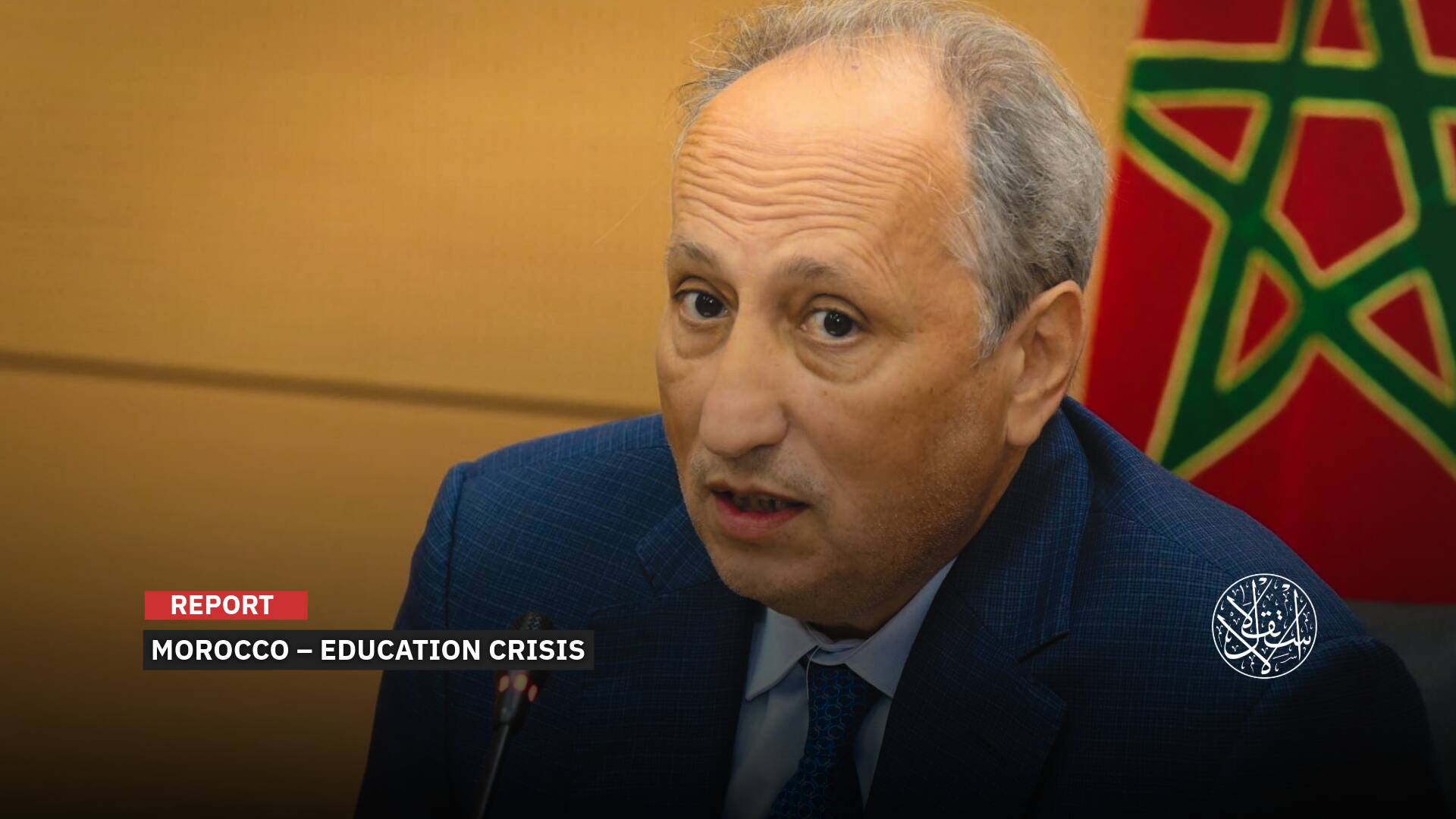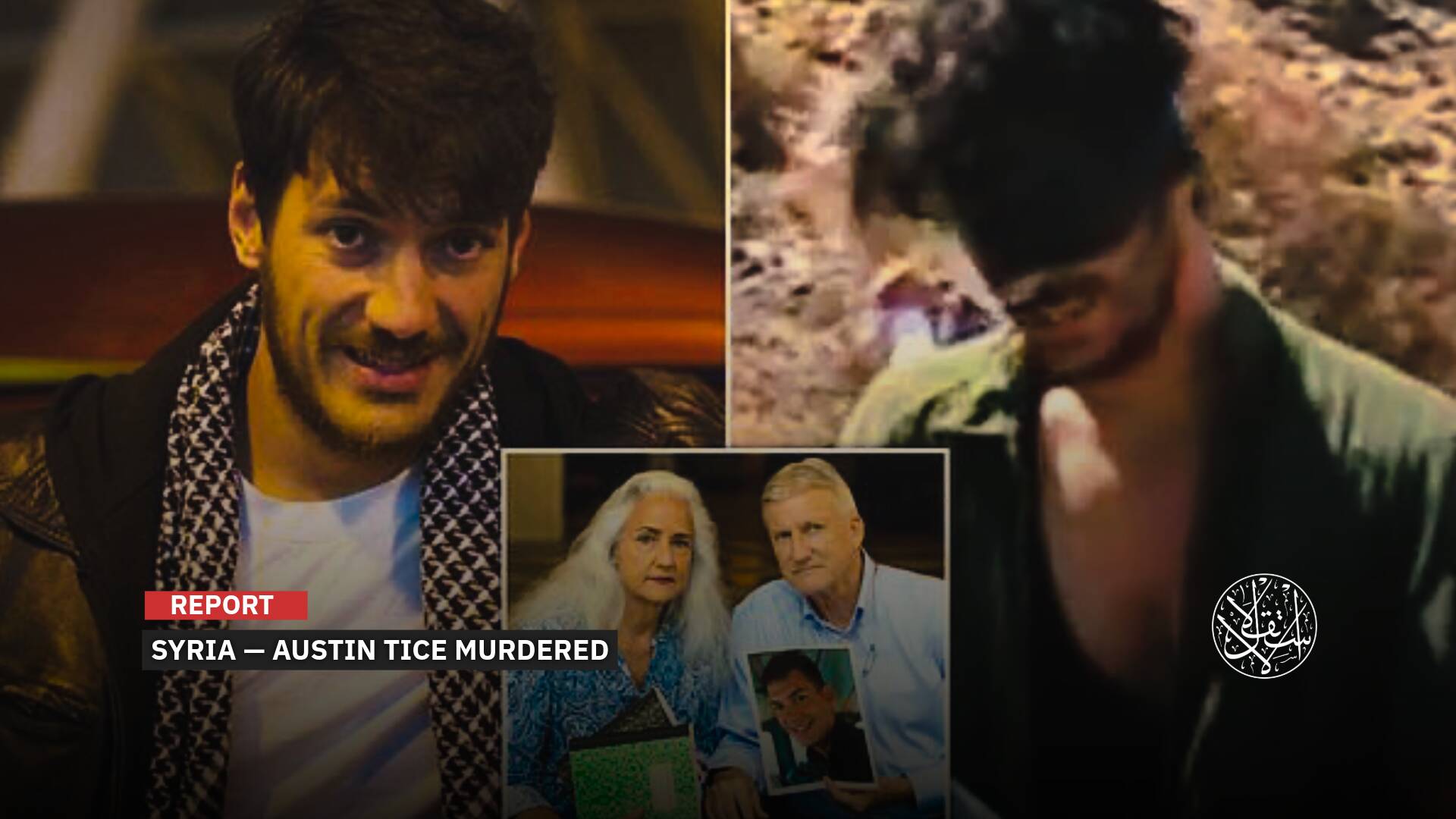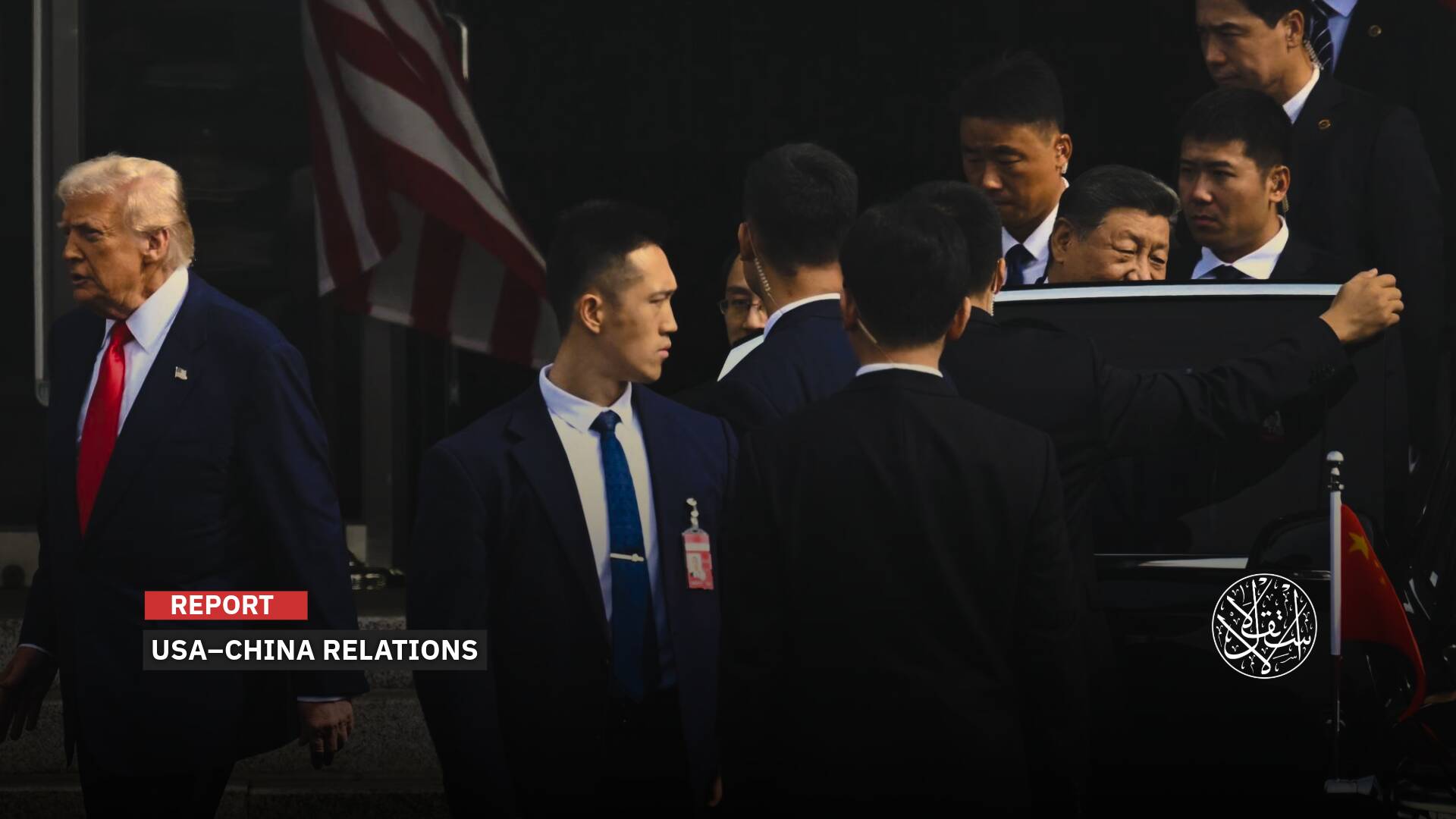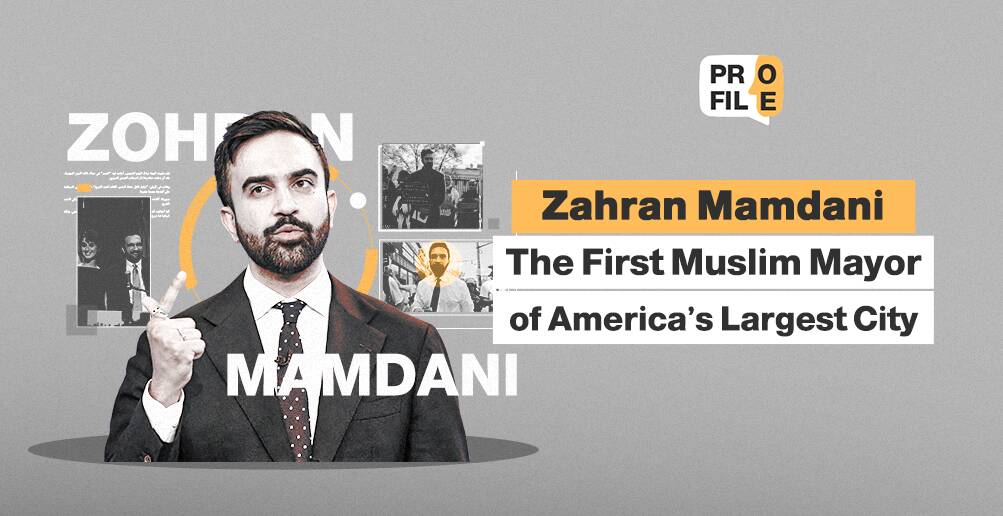Why Did Mali Urge U.N. International Forces to Leave Territories?
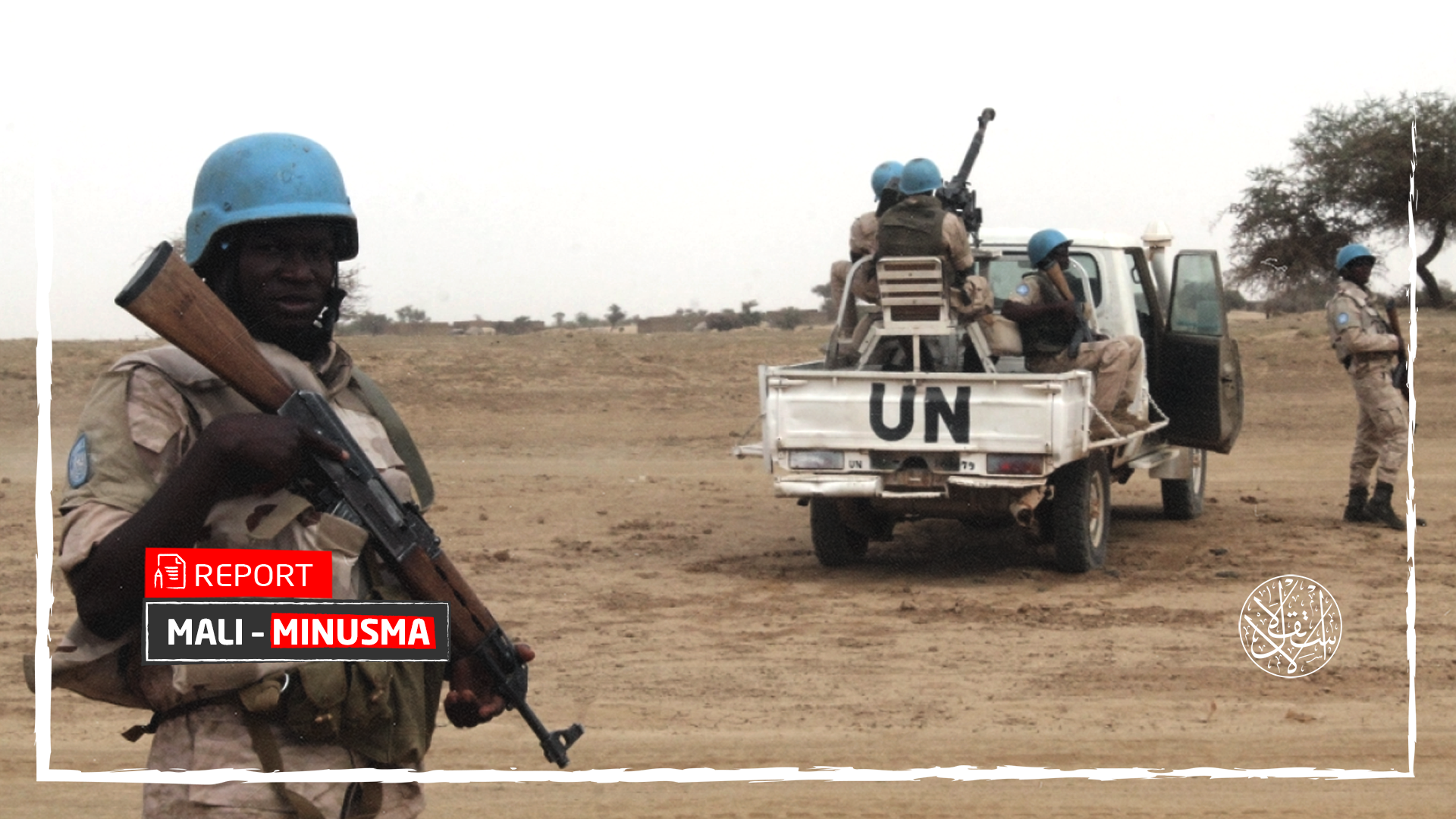
Mali called on the International Security Council to withdraw United Nations mission forces from the country, considering their presence unacceptable and a threat to internal security.
The interim military authorities in Mali justified the decision by saying there is a “crisis of trust” between them and these forces, known as MINUSMA (United Nations Multidimensional Integrated Stabilization Mission in Mali), which have been stationed in the country for the past 10 years.
Mali’s Foreign Minister, Abdoulaye Diop, said the United Nations peacekeeping mission had become part of the problem by fueling tensions between the people’s factions.
The government asked for the withdrawal of the MINUSMA without delay.
On Friday, the U.N. Security Council unanimously voted to end a decade-long peacekeeping mission in Mali after the West African country’s military junta abruptly asked the 13,000-strong force to leave—a move the United States said was engineered by Russia’s Wagner mercenary group, Reuters reported.
“The end of MINUSMA operation follows years of tensions and government restrictions that have hobbled peacekeeping air and ground operations since Mali teamed up in 2021 with Russia’s Wagner group, which was behind an abortive armed mutiny in Russia last weekend.”
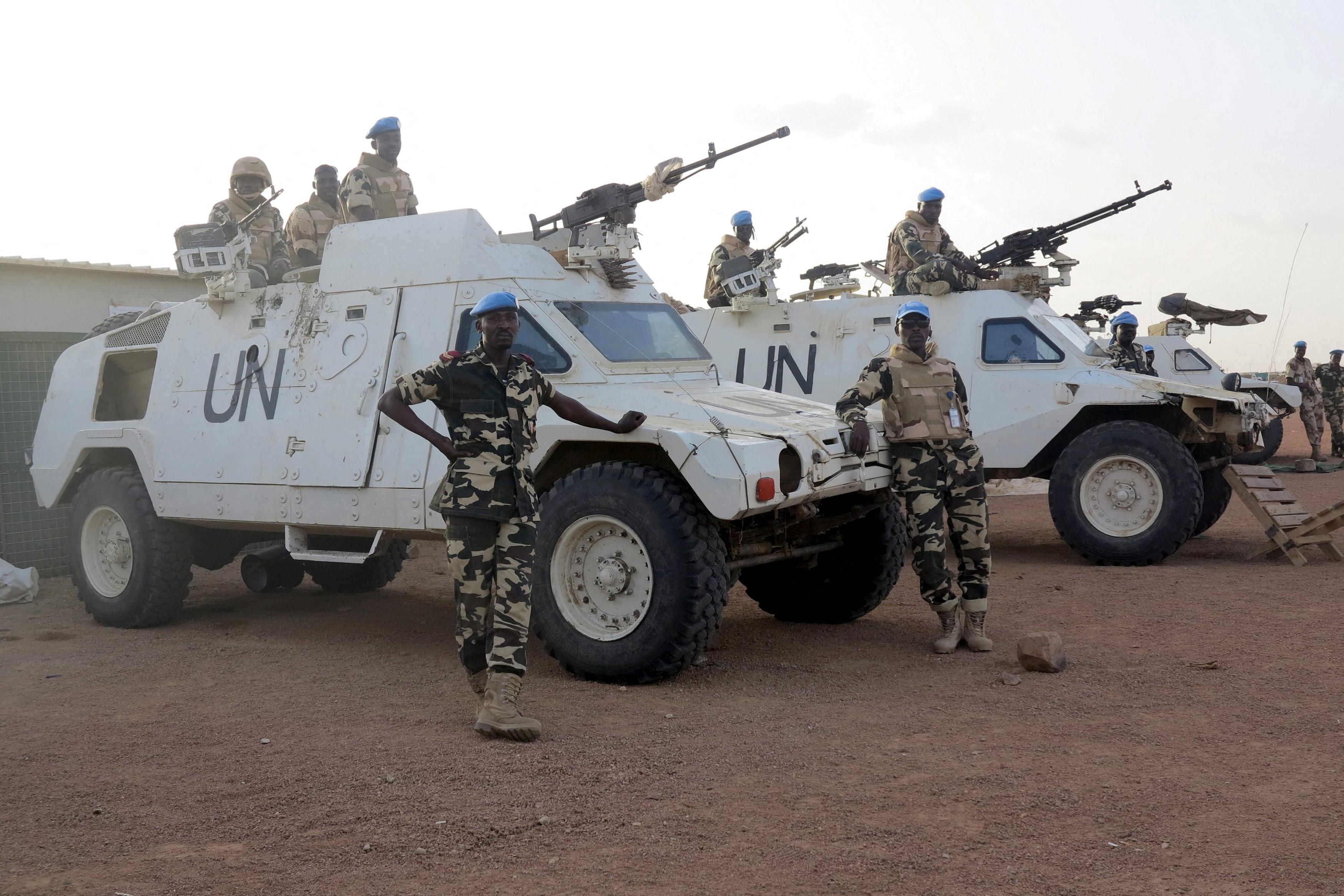
The Mission’s Failure
The head of MINUSMA, El-Ghassim Wane, confirmed in statements to journalists that operating the mission without the consent of the Malian authorities is “almost impossible.”
It was a decision that the Security Council had to make; peacekeeping relies on the principle of host country consent, he said
The United Nations Security Council established the MINUSMA mission in 2013 to support foreign and local efforts in restoring stability in Mali.
Following these remarks by the Malian diplomat, Colonel Abdoulaye Maiga, the government’s spokesperson, affirmed the mission’s failure to prevent the return of armed elements to the northern regions of Mali.
According to the local website Mali Web, on June 17, 2023, the government mentioned that the United Nations mission aimed at achieving stability in the country had not adapted to the security situation.
This situation would require a force to combat terrorism beyond the scope of traditional United Nations peacekeeping doctrine.
The transitional government expressed regret that its strong reservations and legitimate expectations of the population were not taken into account by a decision currently being negotiated at the United Nations. They emphasized their pursuit of extending the mission.
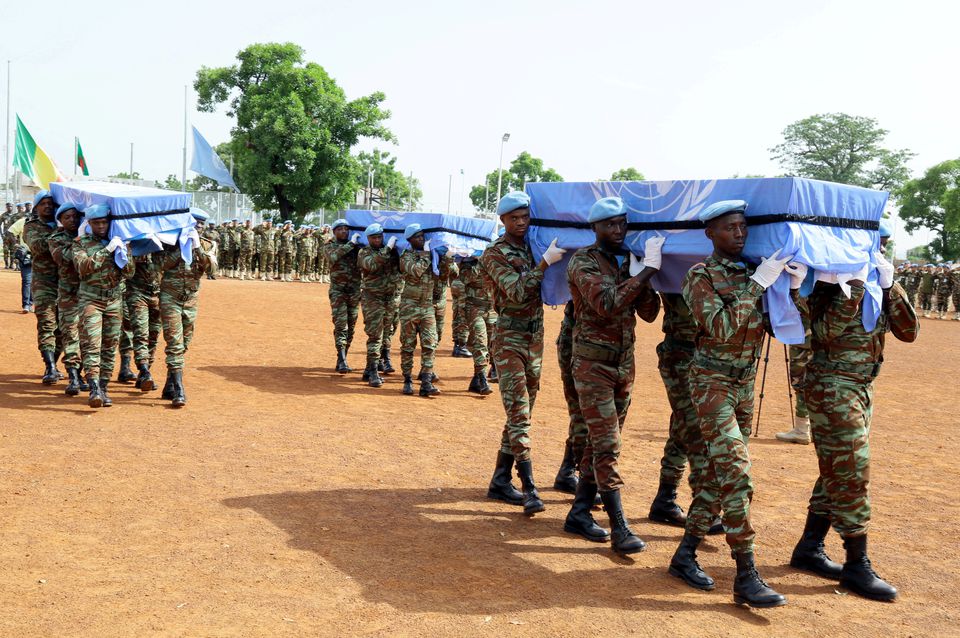
The same source added that the Malian authorities believe that instead of being a peacekeeping force, the United Nations mission has become part of the problem.
The government accuses the United Nations mission of fueling tensions among local communities, which have been exacerbated by highly dangerous allegations. According to the authorities, these allegations severely undermine peace, reconciliation, and national harmony.
The government also expressed regret over the exploitation and politicization of human rights issues, which, according to the Malian official, undermined the efforts to achieve stability and rebuild Mali.
Previously, the U.N. mission had accused the Malian armed forces of committing violations against civilians in the village of Mora, with a Human Rights Division report indicating a total death toll of 500 in May 2023.
The mission consisted of 11,102 soldiers and 1,315 police officers, with an annual budget of $1.26 billion.
In response to the event, the government of Burkina Faso praised the request for the withdrawal of the United Nations mission, which was presented by the Malian transitional authorities to the Security Council in New York.
According to Jeune Afrique, on June 19, 2023, the spokesperson for the Burkina Faso government, Jean-Emmanuel Ouedraogo, stated in a press release that Burkina Faso took note of the request for the immediate withdrawal of MINUSMA and welcomed this courageous decision made by the Malian transitional authorities.
The government of Burkina Faso congratulated the authorities for this choice, which aligns with the strategic vision of the Malian state in the fight against terrorism and the restoration of peace and security in the Sahel region, according to him.
The spokesperson emphasized that Burkina Faso encouraged the Malian government and people on this affirmation of their sovereignty and the expression of the Malians’ will to be the sole masters of their destiny.
Espionage Accusations
In response to the Malian request, the BBC published a report on June 19, 2023, detailing the complaint filed by the ruling transitional government against the United Nations peacekeeping force after a report accused Malian forces and their allies of killing hundreds of people.
According to the same source, the complaint states that MINUSMA used satellite imagery to gather information without permission from the government.
The Malian Prosecutor’s Office stated that the matter rose to the level of “espionage” and necessitated an investigation.
The force members are accused of being complicit in crimes, including espionage, undermining the morale of the army or air forces, using forged documents, and undermining the external security of the state.
The peak of the clash between the two sides occurred on July 20, 2022, when the military government in Mali ordered the MINUSMA spokesperson to leave the country within 72 hours following tweets about a diplomatic incident with Ivory Coast that escalated tensions with the United Nations.
This expulsion was part of an already tense context between Bamako, regional bodies, and international partners due to their interference in domestic affairs, as claimed by Mali, and human rights violations and collaboration with mercenaries, according to international organizations.
Western officials accuse Wagner of undermining human rights in Africa. The United States previously announced sanctions in May 2023 on the head of the mercenary group in Mali, Ivan Maslov.
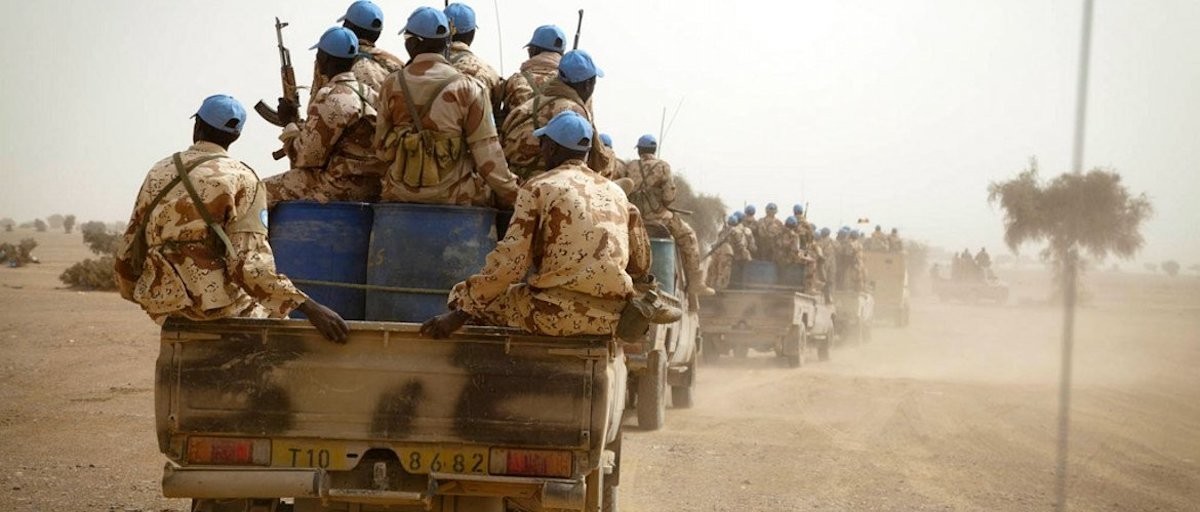
The local website aBamako stated on June 20, 2023, that the United Nations mission plays a significant role in northern Mali, where the population relies on for their daily lives in the absence of a central government.
The same source explained that these forces facilitate access to basic social services for the northern population, providing care and filling the administrative gaps in several areas in the north.
It promised that the decision to withdraw these forces goes against the will of the main beneficiaries and constitutes a diplomatic offense, considering the provisions provided through these forces, such as medication, healthcare, and the evacuation and treatment of patients.
It cautioned that the request for the forces to leave came without mentioning any reliable and reassuring alternative, which means, according to the same source, that the government made its decision without regard for the fate of potential beneficiaries of the United Nations’ presence.
On the other hand, political science researcher Rahmane Idrissa believes that the government’s call for the departure of MINUSMA was not surprising.
However, the force and rapid nature of this request indicate the transitional authorities’ animosity towards these forces following the publication of the report concerning the casualties and human rights victims.
Idrissa mentioned in an interview with Le Monde on June 19, 2023, that the Blue Helmet mission became impossible since 2016 when the security situation deteriorated and violence spread in central Mali.
With the series of coups accompanying the departure of French soldiers and European forces, the U.N. forces have been unable to adapt to the new reality.
For example, MINUSMA’s mission is to support the return to constitutional order, but today the people in Mali are under a continuous military transitional regime.
He continued: “The mission was also supposed to contribute to peace-building through the implementation of peace and reconciliation agreements signed in Algeria, but the execution of these agreements remained frozen, putting the mission at a crossroads.”
Regarding the social impact of this withdrawal, Idrissa does not believe that it will have significant consequences, given the obstacles that hindered the mission from fulfilling its role, leading to significant expenditure without commensurate results.
“It must be noted that civilians will be more exposed and less protected in conflict areas after the U.N. forces withdrawal.”
Sources
- MINUSMA leaves Mali: will regional leaders step up on security?
- UN ends peacekeeping mission in Mali, US blames Russia's Wagner
- Mali: the transitional government demands "the immediate withdrawal of MINUSMA" [French]
- Analysis: Mali faces spectre of anarchy after demanding UN's departure
- Rahmane Idrissa: “The UN mission in Mali had become impossible”


